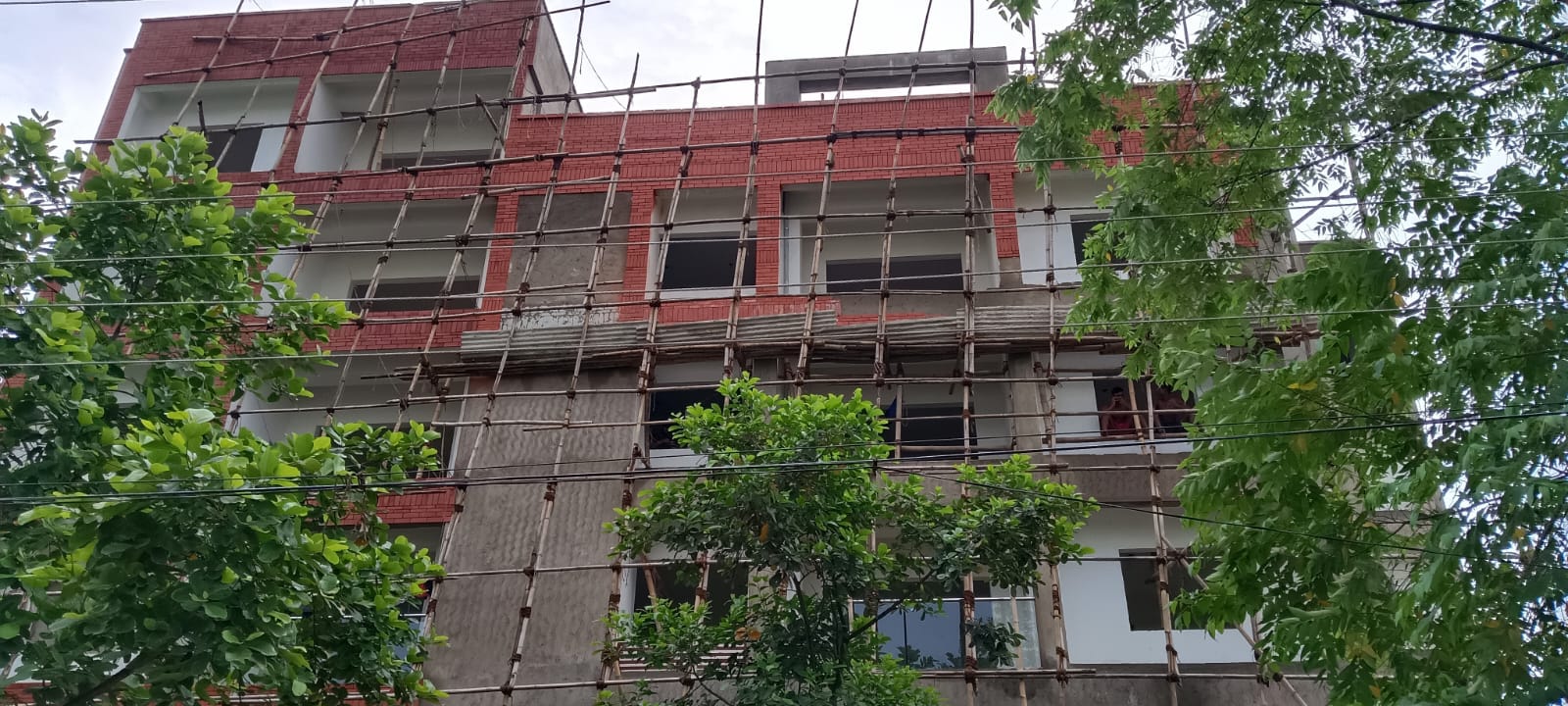The Real Estate (Regulation and Development) Act, 2016 (RERA) acts as a shield for consumers…

Navigating the Maze: When is the Best Time to Buy a House in India?
For many Indians, buying a house represents the pinnacle of the Indian Dream – a place to call your own, a space for your family to grow, and a secure investment for the future. But timing this monumental decision can feel like a high-stakes gamble. Here, we delve into the complexities of the Indian real estate market to help you navigate the question: When is the best time to buy a house?
The Allure of the Spring Season
Traditionally, spring (March-April) is considered the peak home buying season in India. Several factors contribute to this trend:
- Pleasant Weather: Spring offers agreeable weather, allowing for comfortable property visits and thorough evaluation of exteriors and surroundings.
- Increased Inventory: The market typically sees a surge in new listings as sellers capitalize on the improved weather and potentially higher buyer interest.
- Tax Benefits: Some buyers aim to close deals before the fiscal year’s end to maximize tax deductions.
Competition and Negotiation Strategies
However, the spring season also brings a spike in competition. This can lead to bidding wars and potentially inflated prices. Here’s how to navigate this competitive landscape:
- Consider Off-Season Options: While search trends might be lower in fall and winter, there could be fewer active buyers. This translates to potentially less competition and more negotiating power for you.
- Motivated Sellers: As winter approaches, some sellers might be eager to close deals before the holidays, leading to better deals.
Beyond Seasonality: Market Dynamics and Individual Needs
Seasonality plays a role, but other crucial factors influence the best time to buy:
- Market Conditions: Is it a seller’s market or a buyer’s market? A buyer’s market with more inventory and lower prices might be a better time to purchase, even outside the peak season.
- Interest Rates: Low interest rates significantly impact affordability. If you see trends of decreasing interest rates, consider buying, even if it’s not the peak season.
- Location and Micro-Markets: Trends can vary across different cities and micro-markets within a city. Research the specific area you’re interested in to understand local market dynamics.
- Government Initiatives: Government initiatives like tax rebates or subsidies for first-time homebuyers can influence buying decisions. Stay informed about such programs.
Festivals and Auspicious Dates:
Cultural considerations also play a role in the Indian real estate market. Some people prefer to avoid buying during specific times considered inauspicious, like Pitru Paksha (mourning period for ancestors) or inauspicious astrological transits. However, these beliefs can sometimes lead to slightly lower property prices during these periods, potentially presenting buying opportunities.
Financial Readiness and Long-Term Goals:
Ultimately, the best time to buy aligns with your financial preparedness and long-term goals. Are you starting a family, relocating, or simply looking to upgrade? Don’t feel pressured to buy based solely on market trends. Prioritize your timeline and long-term vision.
Beyond Google Trends: Essential Tools for Indian Homebuyers
While Google Trends offers insights into search behavior, it’s not a crystal ball. Here are some effective tools for Indian homebuyers:
- Market Research Reports: Rely on research reports from reputed real estate agencies or publications to understand market trends, price fluctuations, and future projections.
- Real Estate Agents: An experienced real estate agent can provide valuable, localized insights and guide you through the buying process, negotiating effectively on your behalf.
- RERA Website: The Real Estate Regulatory Authority (RERA) website provides crucial information on registered projects, developers’ track records, and complaint redressal mechanisms.
Conclusion
Buying a house in India is a complex and personal decision. By combining insights into seasonality, market dynamics, and personal needs, and leveraging the tools available, you can make a well-informed choice about when to embark on your homeownership journey. Remember, there’s no single “best” time – the right time is when you’re financially prepared and confident about the decision, paving the way for a secure and fulfilling future in your dream home.


